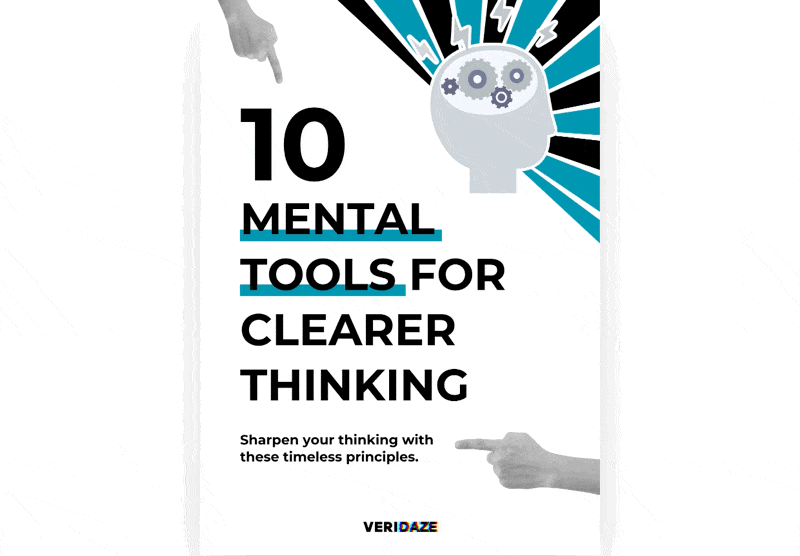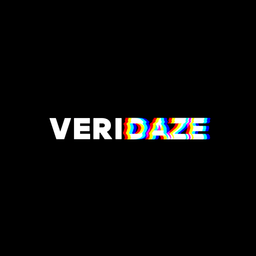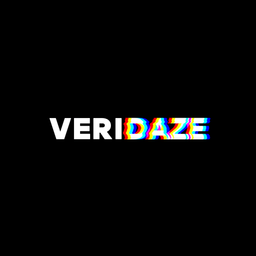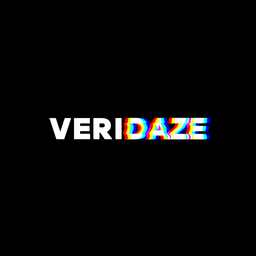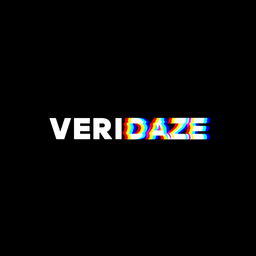There was a time, not long ago, when the internet felt like a public square. Messy, yes. But exhilarating too. A place where ideas clashed, perspectives met, and in the collision, something like understanding occasionally emerged. Today, that square feels more like a stage. The lighting is harsher, the crowd louder, the roles more fixed. And the conversations we used to have have given way to performances—delivered not for dialogue, but for validation.
It’s tempting to chalk this up to a collective moral failing, a cultural descent into narcissism or tribalism. But that explanation, however satisfying, misses the deeper structural reality: this isn’t merely a behavioural shift. It’s an architectural one. We didn’t just change. We were changed. The platforms we built to connect us have reprogrammed the way we communicate—not through censorship or conspiracy, but through incentives. Emotional impact, not intellectual substance, is now the currency of visibility. The more reactive a post, the further it travels. The more outrageous the claim, the more it thrives. As a result, a kind of Darwinism has taken hold—not of ideas, but of attention. What survives in this new ecosystem isn’t what’s true or useful or generous. It’s what provokes.
This has created a paradox: we appear to have more speech than ever before, and yet our ability to think together—seriously, collectively—has rarely been weaker. We are inundated with opinion, analysis, reaction, commentary. But the space for reflection, for error, for the slow, uncertain work of reasoning, is shrinking. To speak online is to brand yourself. To argue is to pick a side. To listen is to risk invisibility. And so the incentives align—not around truth-seeking, but around performance.
Think better. Get the FREE guide.
Join Veridaze and get 10 Mental Tools for Clearer Thinking — a free guide to cutting through noise, confusion, and nonsense.
Even our attempts to correct the excesses of this system often end up reinforcing them. Try to debunk a viral falsehood and you risk amplifying it. Engage with bad-faith arguments and you become part of the spectacle. Share something thoughtful and it drowns in the same stream of memes, rage, and distraction. The mechanism is indiscriminate. It doesn’t care whether you’re amplifying truth or nonsense, so long as you’re generating engagement. And because the system cannot distinguish moral urgency from emotional manipulation, both end up looking—and functioning—alarmingly alike.
This is not a partisan problem. Both the left and the right have been disfigured by the same forces. It is not even primarily an ideological one. What we are witnessing is a distortion at the level of infrastructure—a transformation in how attention is distributed, how identity is constructed, and how ideas compete. Politics becomes fandom. Disagreement becomes betrayal. Virtue becomes spectacle. And beneath it all, something more subtle is slipping away—our grip on a shared reality. It doesn’t vanish in a single moment. It fades, almost imperceptibly, like the way a familiar song loses its emotional pull when played too often. The effects, though, are hard to miss. A culture that once encouraged open debate now treats uncertainty like a flaw. Instead of being curious, we retreat into certainty. Instead of listening, we brace ourselves for attack. We flatten our thinking not out of conviction, but to avoid the reputational cost of saying, “I don’t know.” Somewhere along the way, we stopped thinking out loud—and started broadcasting instead.
It’s easy to blame individuals—to mock the influencers, scorn the grifters, decry the culture warriors. But they are not the root of the problem. They are the logical products of a system that rewards outrage and punishes reflection. The spectacle isn’t a glitch. It’s the system working as designed.
So what are we to do? Disengagement is seductive. Silence feels cleaner than complicity. But withdrawal also concedes the stage to those who care least about truth. And so we are left with an uneasy challenge: to remain in the conversation without becoming part of the performance. To speak without performing. To disagree without branding. To create moments of seriousness in a culture that thrives on distraction.
It won’t win applause. It won’t trend. But it just might preserve something more important—the capacity to think, to listen, and, perhaps, to rebuild the commons we didn’t realise we were losing.
Further reading
The Shallows by Nicholas Carr
A sharp and accessible exploration of how digital media is reshaping our brains — and eroding our capacity for deep, sustained thought.
Amusing Ourselves to Death by Neil Postman
Postman’s prophetic critique of media culture, arguing that we’re trading substance for spectacle — and losing our grip on seriousness in public life.
The Revolt of the Public by Martin Gurri
A vital analysis of how digital platforms have empowered mass voices — while simultaneously dismantling institutional authority and coherence.
Stolen Focus by Johann Hari
Investigates the systemic causes of our fractured attention, from social media to surveillance capitalism, and what it’s doing to our sense of self and society.
Digital Minimalism by Cal Newport
A pragmatic call to reclaim our attention and rebuild meaningful connection by stepping back from algorithmically driven habits.
The Burnout Society by Byung-Chul Han
A compact, philosophical meditation on how late capitalist culture exhausts the soul — and how constant visibility and self-performance destroy contemplation.
If you found this useful, consider subscribing for more thought-provoking articles. And feel free to share your take in the comments below.
You might also like:








